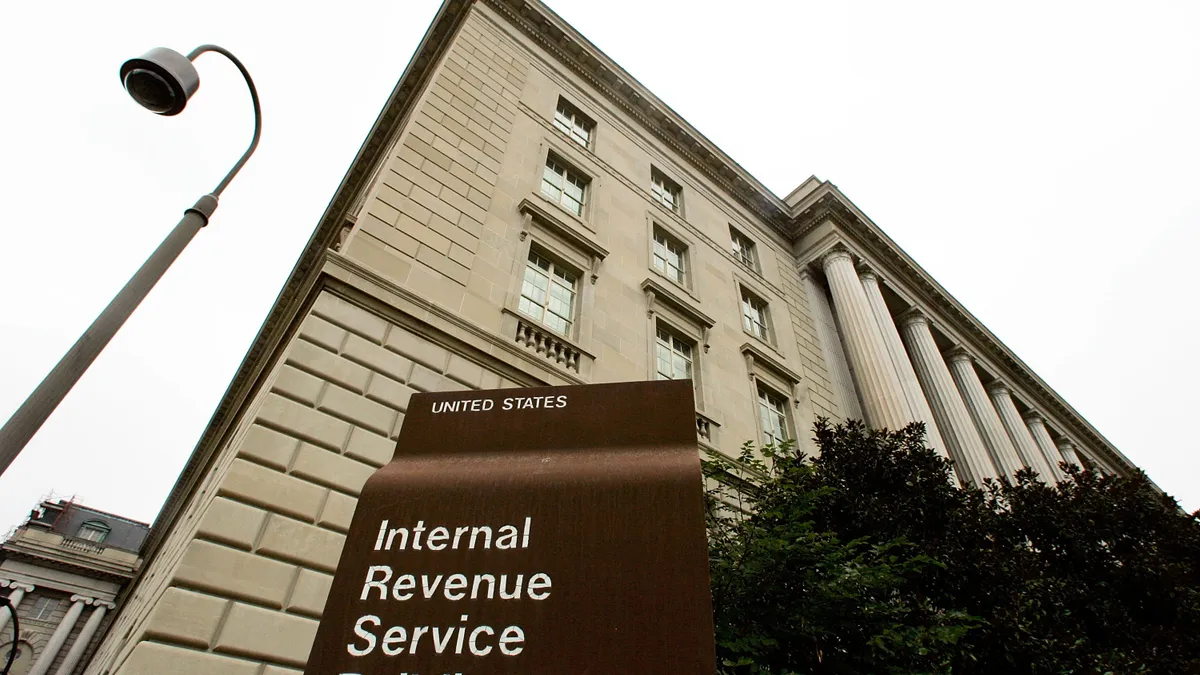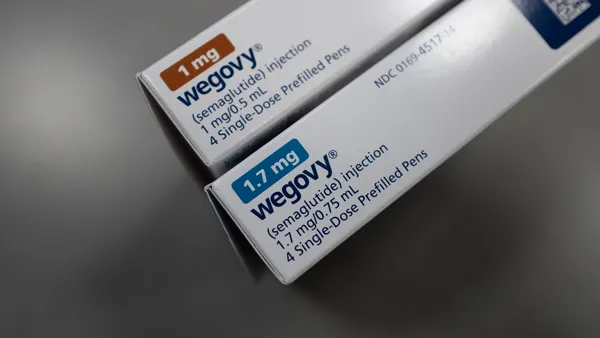Dive Brief:
- More than half of healthcare employees believe they receive inadequate pay for their work, with 53% of those reporting that their wages were below industry averages, according to a new survey by benefits company Purchasing Power.
- Although the divide between professionals who felt fairly compensated and those who didn't was less than 5%, almost half of healthcare workers said they had less than $1,000 in savings and 47% reported an inability to manage monthly expenses and cash flow, according to the report.
- Purchasing Power surveyed more than 500 U.S. healthcare employees earning $100,000 or less per year in June this year.
Dive Insight:
Of the healthcare employees surveyed, 31.74% said they had a household income of $50,000 to $74,999, 30.34% cited a household income of $25,000 to $49,999 and 21.16% reported a household income of $75,000 to $99,000.
The report comes after a survey from Medscape last year found that wages for physicians were beginning to rise after stagnating and declining during the COVID-19 pandemic. Income rose in more than two dozen specialties, according to the report.
Although another May report from the Medical Group Management Association also found growth in median total compensation for primary care physicians, the association said that rising inflation dampened wage increases.
In its report, Purchasing Power surveyed healthcare industry employees about the importance of benefits, finding that over 44.5% reported benefits being equally important compared to wages.
Of the employees that considered themselves fairly compensated, 47.7% cited their employers’ comprehensive healthcare benefits as a reason.
Among the voluntary benefits that respondents said would increase their likelihood of remaining with their employer, 31.34% cited medical deductible financing and the same percent cited an employee purchase program.
An April 2022 Willis Towers Watson survey found that close to two-thirds of U.S. organizations planned to increase efforts to address employee healthcare affordability in the following two years.














